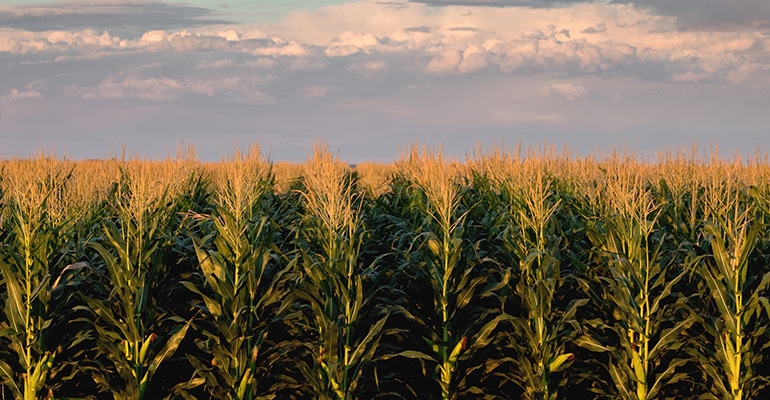5@5: Rodale, Cargill launch US Organic Grain initiative | OSHA, USDA waited months to tackle COVID-19 meatpacking plant outbreaks
Each day at 5 p.m. we collect the five top food and supplement headlines of the day, making it easy for you to catch up on today's most important natural products industry news.
February 9, 2021

Rodale enlists Cargill in unlikely alliance to increase organic farmland
Demand for organic food, already a $50 billion industry, continues to grow—but just 1% of total U.S. acreage is certified organic. To incentivize more farmers to transition to organic growing methods, Rodale Institute is teaming up with Cargill (the largest privately owned agribusiness in the U.S.) as well as chicken producer Bell and Evans to launch the U.S. Organic Grain Initiative. This project will actively recruit conventional corn and soy farmers and give them a two- to five-year contract guaranteeing a buyer for their organic grain. The goal? To transition 50,000 acres of farmland to organic production. Civil Eats has the details.
OSHA and USDA waited months to tackle COVID-19 outbreaks in meatpacking plants, emails reveal
Emails obtained by Public Citizen reveal that the U.S. Department of Agriculture and OSHA waited over three months into the pandemic, after hundreds of meatpacking plant workers had already fallen ill, to formally respond to the situation. OSHA consistently deferred to USDA in the documents, even though former secretary of agriculture Sonny Perdue had publicly stated the agency was not responsible for worker safety, and then issued a handful of small fines at just a few meatpacking plants after nearly 200 workers had already died. The emails also display the meatpacking industry's heavy-handed influence on USDA with the aim of avoiding further supply chain disruptions at the expense of employees' lives. Learn more at The Counter.
Israeli farm cultivates lab-grown ribeye steak using 3D printing
Israeli startup Aleph Farms announced it produced the "world's first slaughter-free ribeye steak" this week, which has encouraged the company to look toward other cuts of meat. This successful synergy of muscle and fat is one that has eluded cell-cultured meat companies since their inception, but the world-changing potential of this technology is worth the pursuit. Bloomberg reports.
How California crops fought off a pest without using pesticide
A recently discovered hyperparasitic fungi may be key to phasing out potentially dangerous pesticides in conventional agriculture. Scientists discovered it while investigating why a drop in pesticide use targeted at a particular pest (a parasitic nematode) coincided with yield increases and a drop in terms of the density of the pest. Read the rest at Modern Farmer.
Imperfect Foods increases series D round to $110M
Imperfect Foods has increased its series D round from $95 million to $110 million. The company said in a statement for The Spoon that the add-on investments will help it become "the most sustainable online grocery service." In a world where saving money and the Earth has become paramount for many consumers, Imperfect Foods is certainly one online retailer that's sure to reap success over the next few years.
About the Author(s)
You May Also Like


